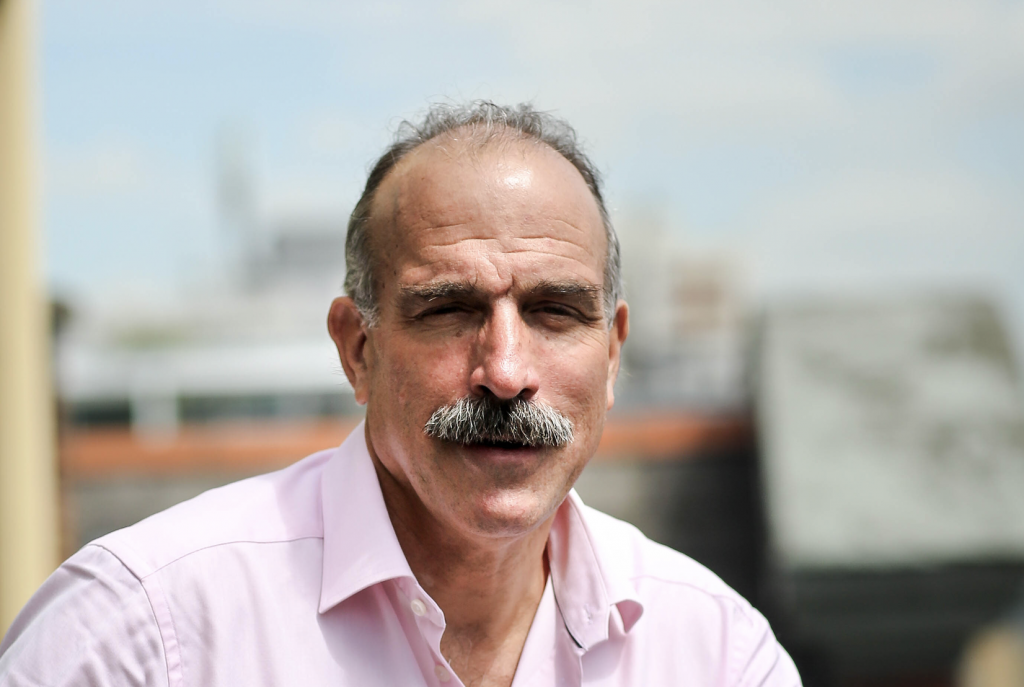Unadvised telesales firms are breaking trust in the protection sector by selling insurance to unwitting customers, LifeSearch founder Tom Baigrie has claimed.
Baigrie, who is also chairman of the full advice firm he setup in 1998, was speaking during a head-to-head debate at the Protection Review conference with Phil Jeynes, director of corporate sales at brokerage Reassured which provides an unadvised sales process.
Baigrie (pictured) created an example of Marcia, a woman in her mid-30s with two children, to illustrate his point.
He explained Marcia had chosen to take out life cover following the death of her friend but she is faced with a “hidden lottery” of three choices.
The first is through the use of a price comparison site where she finds a brand she recognises, manages to get lots of information, a choice of prices and buys her cover in few short minutes.
While she does not feel that confident in her decision, she is clearly signposted to a vetted protection adviser who can answer her questions.
The second choice is where she clicks on an advert from an adviser, as defined by the FCA, who asks her why she is thinking about life insurance, asks her questions about her situation and offers her guidance and arranges her policies.
As the adviser is regulated however, if Marcia is mis-sold her policies, she can seek full redress from the Financial Services Ombudsman.
The third choice, Baigrie explained, is where Marcia clicks on an advert for a firm which is not regulated to give advice where she speaks to a telesales representative.
This representative also asks her why she is making enquiries about life insurance, asks for details and proposes solutions, while reading out words along the way explaining he is giving her the facts and letting her make up her own mind.
Failing consumers
Baigrie argued that while Marcia bought the cover, she does not realise it has been sold to her by someone who has no duty of care about the outcomes they cause to her and her children.
It is here, Baigrie said, that the protection sector is failing consumers and why they in return do not trust the sector.
“The reason our market cannot ever be trusted by consumers is that thing three appears to any normal consumer to be the same as thing two,” he said.
“But in thing three, if the teleseller mis-sells to Marcia then when she or her family realise they didn’t get what they needed, they get almost no right to the ombudsman’s protection.
“The unregulated advice firm will successfully defend itself by saying: ‘No, they didn’t give advice. The decision to buy was Marcia’s and Marcia’s alone’.
“That is how your market, our market, tricks consumers.
“It compliantly denies them the ombudsman’s protection by using words that sound harmless but carry a hidden meaning known to us in this room but consumers only find out about when it’s far too late.”
‘How can we be trusted?’
Baigrie further asked why the protection sector lets these firms talk to consumers in the first place.
“Why do we let persuasive people fully trained in compliant wording and sales skills but crucially with no need whatsoever to get the right outcome for Marcia represent us the protection market?” he continued.
“[They have] no need to achieve the right outcome, no duty of care whatsoever.
“[But they have] a very urgent imperative of hitting their sales targets in an environment designed specifically to make the most money possible out of Marcia by exploiting a regulatory loophole.
“How can we as a market seek to be trusted when we let down customers and consumers like that every week?”
